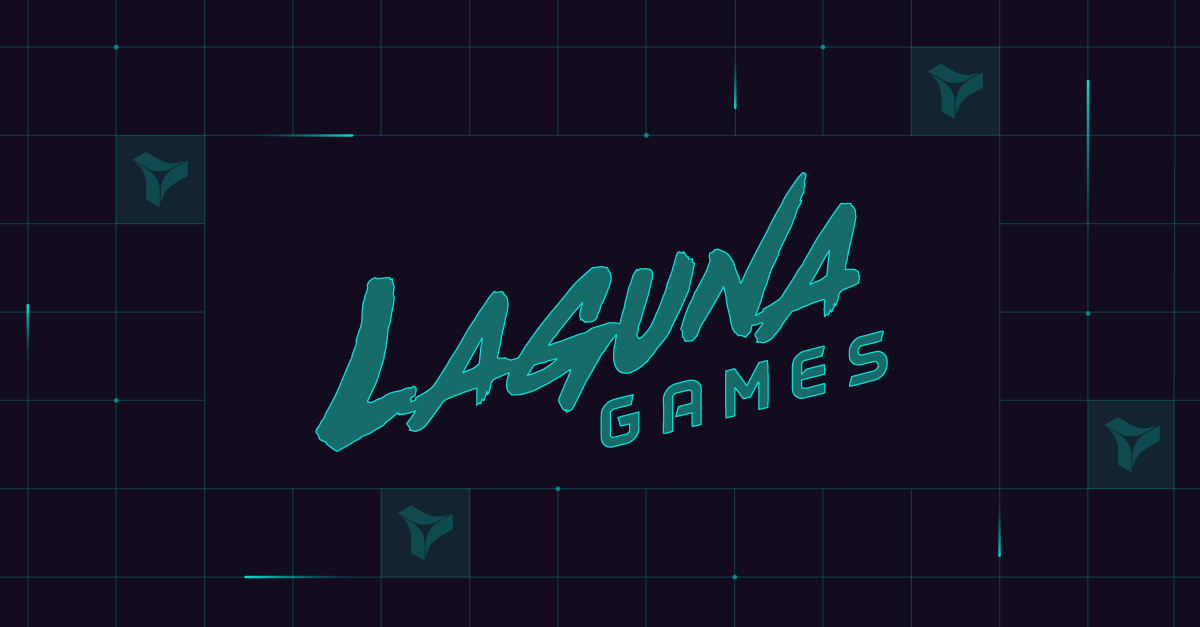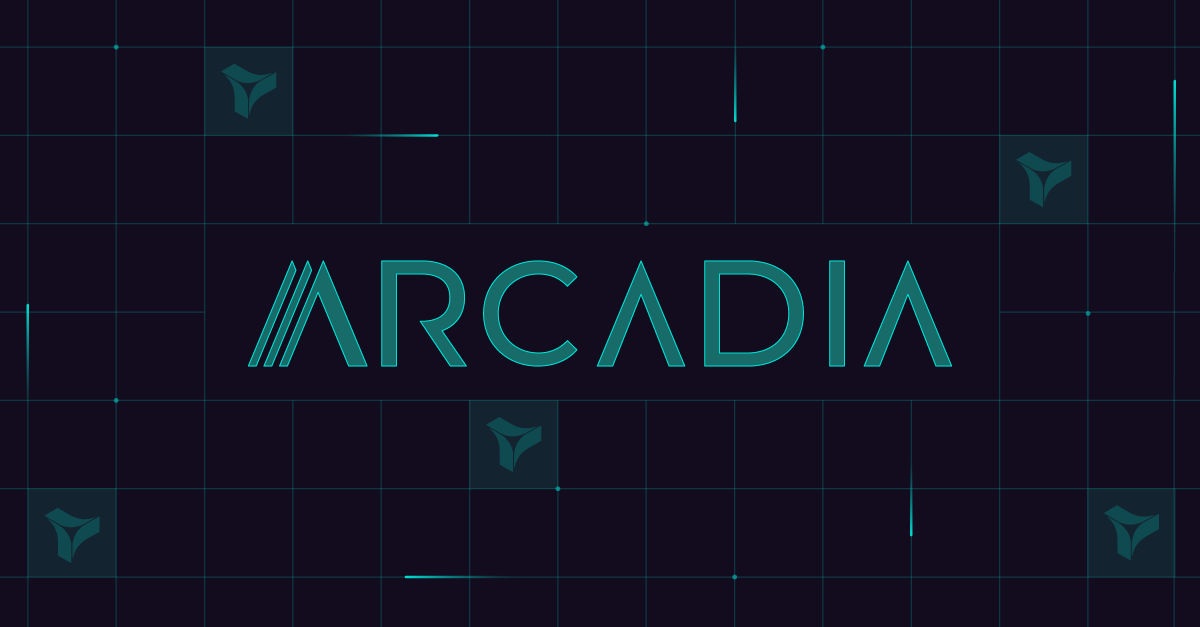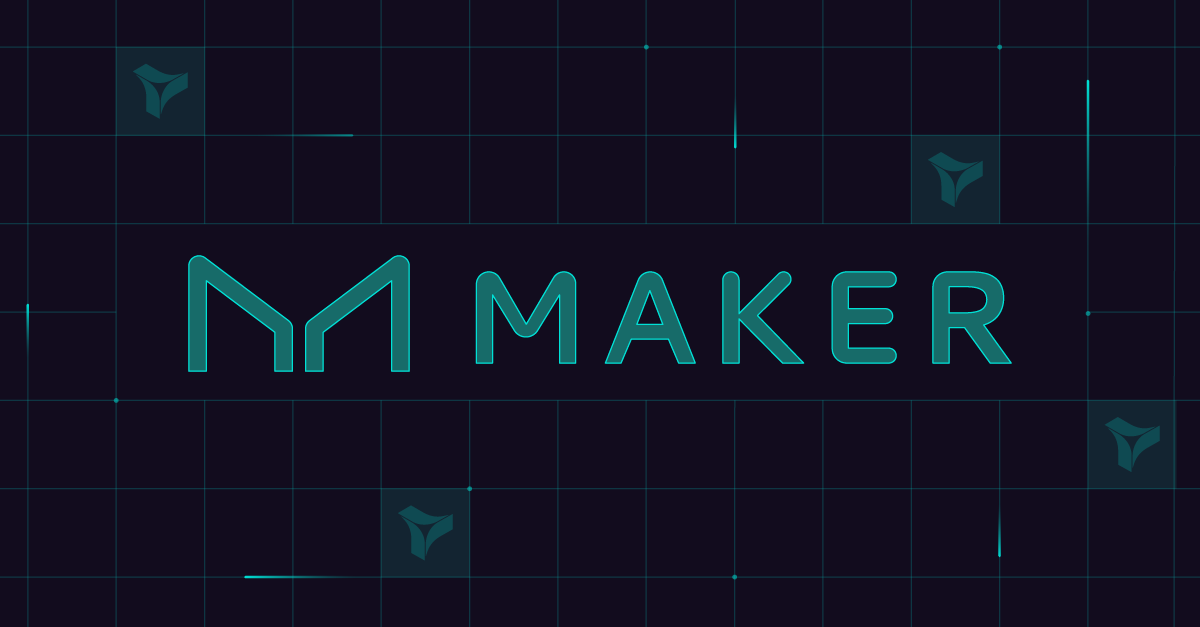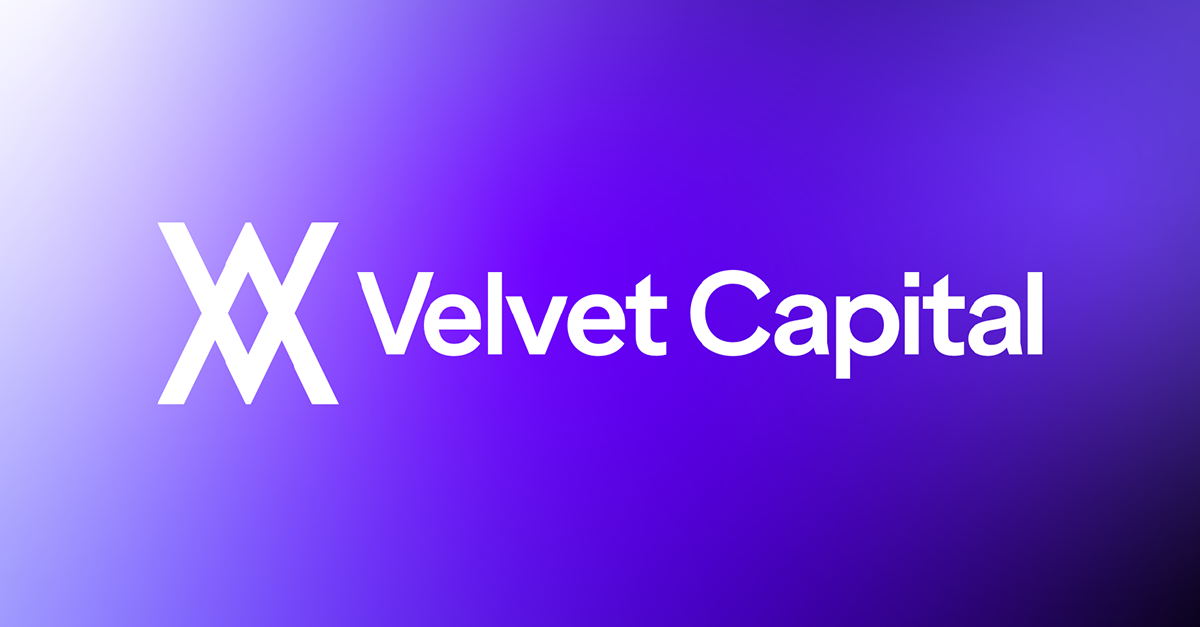How Laguna Games Migrated From Polygon Mumbai to Virtual TestNets

"The migration to Tenderly Virtual TestNets was really smooth and made our process more stable since we could just continue using all of our existing tools. Plus, the accessibility and availability of the Tenderly team have been great, which is uncommon in the space."
Andrew Revak
Lead Server Engineer at Laguna Games
The teams at Laguna Games are the creators of Crypto Unicorns, one of the most popular play-and-collect games in Web3, as well as many other mini-games. The teams strive to support bringing gaming on-chain by building engaging games that would exemplify what Web3 gaming can be.
The Laguna Games teams comprise multiple distinct departments around the globe, including server development, blockchain, frontend, backend, web development, analytics, and QA teams. Each team handles a specific aspect of the product, such as the web development team handling website management, the blockchain team dealing with contracts, tooling, and core game development, or the server development team managing oracles, integrations, and testing infrastructure.
Relying on Polygon Mumbai as their testing network, the teams faced a significant challenge when it was deprecated. With Tenderly Virtual TestNets, collaborative development infrastructure, not only did they manage to migrate to a reliable, long-term solution, but they were also able to preserve their data and focus on their ongoing migration to Arbitrum.
How Polygon Mumbai deprecation disrupted the Laguna Games process
The Laguna Games teams’ primary focus lies on Crypto Unicorns, dealing with different security considerations related to in-game transactions. The NFT minting happens dynamically in-game, bringing many security implications as they involve different cryptographic hand-offs to micro-services necessary for signing in-game transactions. For the Laguna Games teams, such game dynamics bring a lot of transaction auditing and tracing to ensure every transaction executes as expected.
However, Polygon Mumbai's deprecation posed a significant obstacle for the Laguna Games teams.
Moving away from Mumbai was challenging and short notice. With a big team, there’s a lot of momentum when you have a lot of tech deployed on one network. – Andrew Revak, lead server engineer at Laguna Games
So, the teams needed a replacement for Mumbai as soon as possible because all of their data was at risk of getting lost. Managing their private chain wasn’t an option as it would require spending too much time and effort on its management instead of focusing on their business goals.
Migrating from Mumbai to Virtual TestNets within two days
The teams at Laguna Games decided to migrate to Virtual TestNets as their primary development infrastructure. The teams used Virtual TestNets to fork Polygon and create their chain replica to replace Polygon Mumbai. Now, they can ensure that all in-game transactions execute properly, run different types of tests in real time, and resolve potential issues quickly.
Additionally, with Virtual TestNets, they get all the on-chain data without the instability of the public infrastructure. The teams no longer have to worry about network deprecation that would not only cause their processes to stop but also potentially erase all of their data.
How Virtual TestNets enabled a smooth transition for Laguna Games’ teams
The migration from Polygon Mumbai to their Virtual TestNet instance was quick and seamless, with the team having their project up and running in two days. More importantly, the migration didn’t interrupt the teams’ existing workflows. They could seamlessly transition to Virtual TestNets and integrate them into their frameworks and tooling, including both HardHat and Foundry.
Switching to Virtual TestNets as their primary development infrastructure opened new possibilities for the Laguna Games teams, including:
- Migrating from unstable public infrastructure to a long-term, reliable development infrastructure on top of which they can build and test privately.
- Using Virtual Explorer for improved visibility into their Virtual TestNet activity, including all executed transactions with a trace-by-trace overview.
- Running different types of tests, including manual tests, regression tests, automated tests in Foundry, and unit tests in HardHat.
- Having access to an unlimited faucet for both native and ERC-20 tokens so they can fund any account with test MATIC.
- Debugging issues quickly thanks to built-in debugging tools and the ability to share transactions across their teams.
- Focusing on their product instead of building their private network or maintaining public infrastructure.
The migration to Tenderly Virtual TestNets was really smooth and it made our process more stable since we could just continue using all of our existing tools. Plus, the accessibility and availability of the Tenderly team have been great, which is uncommon in the space. – Andrew Revak, lead server engineer at Laguna Games
Building next-gen games with game-changing infrastructure
With Virtual TestNets as their main development and testing infrastructure, the Laguna Games teams no longer have to worry about the instability of public testnets. They can now focus on building their product on top of real-time on-chain data, with helpful debugging and exploration tools for in-depth transaction observability.
With their migration to Arbitrum, the teams will continue bringing unique and fun games on-chain, supporting the vision and potential of Web3 gaming. They also intend to explore the rest of Tenderly’s full-stack infrastructure that can facilitate each stage of their product lifecycle, from initial development to on-chain deployment.
Want to try building on top of live on-chain data? Fork an EVM chain with Virtual TestNets for free!


